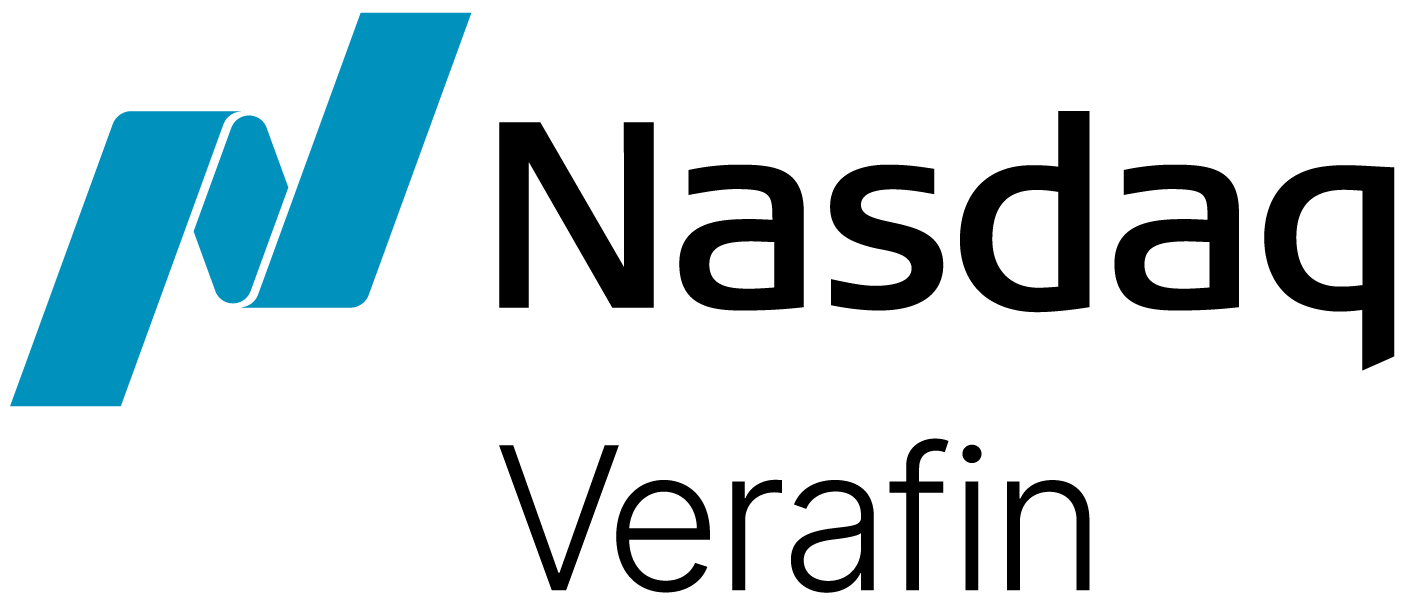In today’s interconnected world, it is critical to safeguard the global financial system from illicit activity. As the industry confronts the world’s $3.1 trillion financial crime problem, our recent Special Edition of the 2024 Global Financial Crime Report has taken a deeper dive into the scale of financial crime across Europe. While the scale of financial crime across the continent is staggering, our findings suggest Europe is poised for global anti-financial crime leadership.
Billions of Dollars in Financial Crime
In 2023, an estimated $750.2 billion in money laundering activity and illicit funds flowed through Europe’s financial system, representing 2.3% of total GDP in the same year. Contributing to these illicit flows are an estimated $178.0 billion in drug trafficking activity, $82.2 billion in human trafficking activity, $2.7 billion in terrorist financing activity and $103.6 billion in fraud — and the human impact of these crimes is immeasurable.
Criminals are not bound by rules, borders or regulations. Across Europe, no region is immune to the epidemic of financial crime. Meanwhile, bad actors and criminal enterprises are exploiting the highly interconnected global financial system to move the proceeds of fraud and other predicate crimes, laundering funds internationally on a massive scale. For Europe, cross-border illicit flows represent more than a quarter of the region’s total money laundering activity by value — a staggering $194.9 billion in illicit funds moving in or out of European countries. An estimated $58.2 billion in money laundering activity can also be attributed to money mules — threat actors moving proceeds on behalf of criminals to mask the nature of illicit transactions.
Priorities and Opportunities for European Financial Institutions
Amid the many money laundering threats and fraud trends facing European financial institutions, our report also provides an incisive perspective on the priorities and opportunities needed to propel the industry forward. While only 22% of respondents to our survey said they have adequate resources to combat financial crime, banks across the region see the value in embracing data-driven, innovative solutions and collaborating for a step change in AML/CFT and fraud prevention. There is immense potential for industry stakeholders to work together, building on the positive momentum across Europe, and deliver on a step change in the fight against financial crime — but to do so, stakeholders must seize innovation, align on priorities, and come together more than ever.
Accelerating Innovation Through Advanced Technology
Banks are harnessing the power of innovative technologies and data-driven approaches to improve their fraud prevention and respond more effectively to criminal threats. In our survey, 74% of respondents indicated plans to invest in AI technology in the near term, as the industry leans into this new era of innovation. With the power of AI, machine learning, and consortium analytics, banks can streamline fraud and compliance operations, more accurately detect anomalies, and uncover hidden criminal connections across banks and borders.
Aligning on Priorities and Collaborating to Root Out Crime
In step with a global trend of modernizing AML regulations, Europe’s new regulatory frameworks for sharing information are providing opportunities for the financial industry to collaborate to disrupt fraud and money laundering. Alignment across the public and private sectors will enable a range of collaborative approaches to help root out criminal activity, disincentivize fraudsters and dismantle the criminal networks that threaten the security of the financial system. At the same time, government, policymakers, regulators and supervisors must also work with the private sector to break down the siloes that currently exist between banks and across borders. The industry must come together in the fight against fraud and money laundering, to align on key priorities including cross-border payments risk, modernizing regulations, fostering greater industry collaboration, and supporting adoption of AI and advanced technologies.
Leading Through a Shared Vision for Europe
Now is the time for industry stakeholders across Europe to take collective action in the fight against financial crime and innovate ahead of evolving criminal threats. This united front will not only serve to more effectively address the current challenges but will also pave the way for a more secure, trusted and resilient financial future for the region, and beyond. Through collective efforts to innovate, Europe is poised to be a world leader in the fight against financial crime and safeguarding the integrity of the global financial system.
For a deeper dive into industry and financial crime trends across Europe, download the full report here.
About the Author:
STEPHANIE CHAMPION
EVP & Head of Nasdaq Verafin, Financial Crime Management Technology, Nasdaq
Stephanie Champion is Executive Vice President, Head of Nasdaq Verafin, which provides industry-leading solutions for anti-financial crime. She has over 16 years experience at Nasdaq Verafin and previously served as Senior Vice President, Head of Sales for Nasdaq Financial Crime Management Technology business, leading global sales strategy and operations across the Nasdaq Verafin organization with a focus on new customer acquisition and retention. Stephanie is passionate about leadership, supporting women in technology and guiding others through professional development and success. Stephanie holds a B.Sc. in Neuroscience from Memorial University.



